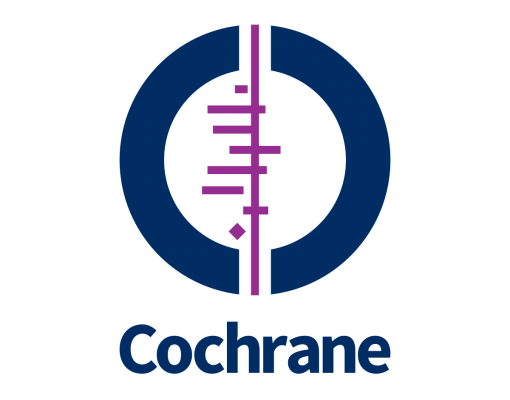
20 August 2019
A UKONS -funded Cochrane review published in 2018 found no evidence of benefits from closed system drug-transfer devices (CSTD) when used for administration of SACT. Following this publication UKONS released a position statement indicating the uncertainty in the benefits of CSTD. The Cochrane review received a number of criticisms, some of which were from authors who have been previously funded by the manufacturers of closed system devices.
In response, an investigation by the Cochrane group, led by the Editor -in-Chief of the Cochrane Library Dr David Tovey, found the review to be of sound methodological quality.
The Cochrane review authors have now published a detailed response to the criticism in which they have systematically shown that all of the criticisms raised were not valid. Their response has also reiterated the findings of the Cochrane review. This showed that no firm conclusions can be drawn on the effect of CSTD combined with safe handling versus safe handling alone, due to very low certainty evidence. They concluded that further high-quality studies are necessary. In addition to the criticism about the way evidence was analysed in the review one the criticisms was that the conclusions reached did not agree with those of some agencies which support the use of CSTDs. The authors collected the evidence systematically and interpreted this. Cochrane Reviews do not provide recommendations because readers’ decisions depend also on other arguments, such as their values and preferences.
The additional investigation which has been conducted on the Cochrane review re-confirms the UKONS' position statement that there is uncertainty in the benefits of CSTD because of the lack of evidence to support their use.
UKONS will shortly announce some funding to conduct a small feasibility study to begin to address the key research questions regarding the use of CSTD, as UKONS are keen to help build the evidence-base around an issue that is important to our members who are involved in chemotherapy practice. The review suggested that multicentre, randomised controlled trials may be feasible depending upon the proportion of people with exposure. They also suggested that future studies should evaluate exposure to a relevant selection of hazardous drugs used in the hospital measuring direct short-term health outcomes.
The full Cochrane Review can be read here.
The response letter can be read here.